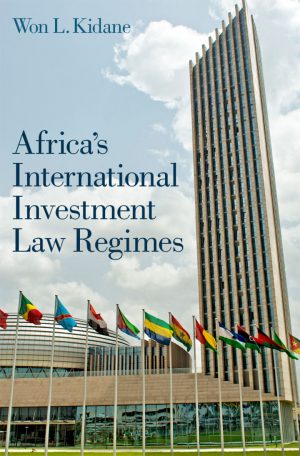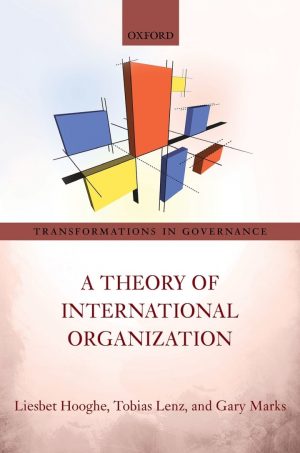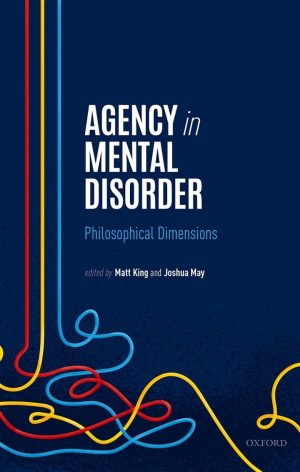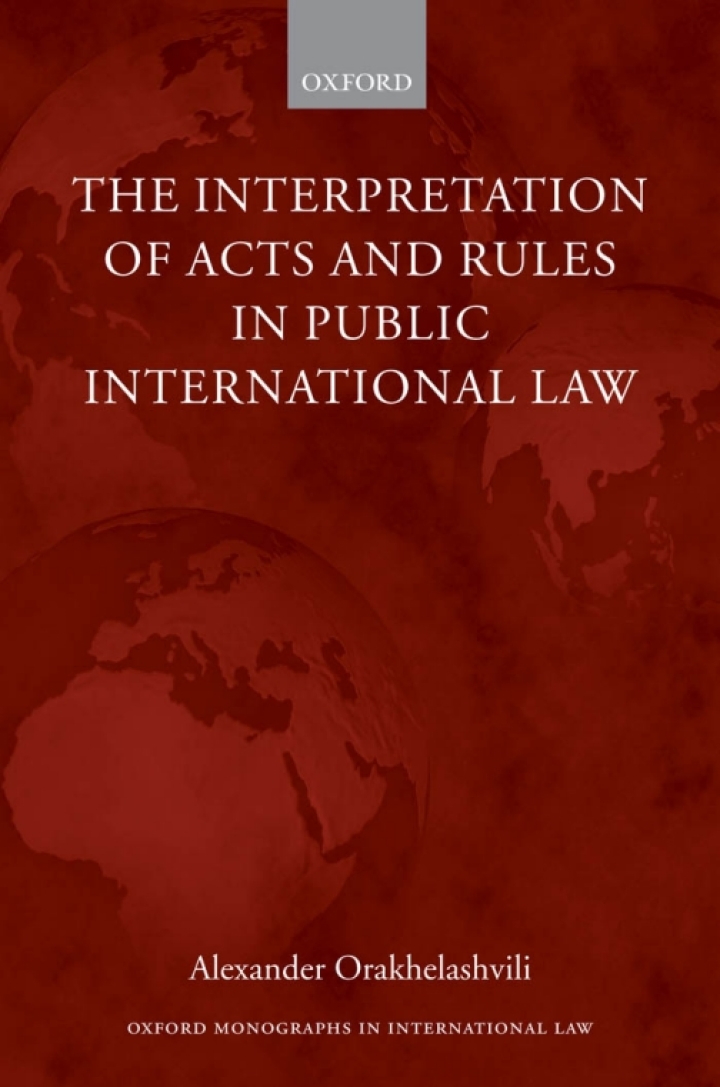The Interpretation of Acts and Rules in Public International Law
$42.25
Attention: This is just ebook, Access Codes or any other Supplements excluded! / File Delivery: Sent Via Email within 24 hours!
SKU: d955383db94f
Category: Law Textbooks
Description
-
Author(s)Alexander Orakhelashvili
-
PublisherOUP Oxford
-
FormatPDF
-
Print ISBN
9780199546220, 0199546223 -
eText ISBN
9780199546220, 0199546223 -
Edition
-
Copyright
- Details
There are frequent claims that the regulation of international law is uncertain, vague, ambiguous, or indeterminate, which does not support the desired stability, transparency, or predictability of international legal relations. This monograph examines the framework of interpretation in international law based on the premise of the effectiveness and determinacy of international legal regulation, which is a necessary pre-requisite for international law to be viewed as law. This study examines this problem for the first time since these questions were introduced and identified as the basic premises of the international legal analysis, in the works of JL Brierly and Sir Hersch Lauterpacht. Addressing different aspects of the effectiveness of legal regulation, this monograph examines the structural limits on, and threshold of, legal regulation, and the relationship between established legal regulation and non-law. Once the limits of legal regulation are ascertained, the analysis proceeds to examine the legal framework of interpretation that serves to maintain and preserve the object and aims of existing legal regulation. The final stage of analysis is the interpretation of those treaty provisions that embody the indeterminate conditions of non-law. Given that the generalist element of international legal doctrine has been virtually silent on the problem and implications of the effectiveness and determinacy of international legal regulation, this study examines the material accumulated in doctrine and practice for the past several decades, including the relevant jurisprudence of all major international tribunals.
Related products
-

Africa’s International Investment Law Regimes 1st Edition
Rated 0 out of 5$61.75 Add to cart -

A Theory of International Organization
Rated 0 out of 5$11.05 Add to cart -

Blackstone’s Guide to the Proceeds of Crime Act 2002 5th Edition
Rated 0 out of 5$34.12 Add to cart -

Agency in Mental Disorder Philosophical Dimensions
Rated 0 out of 5$26.00 Add to cart

